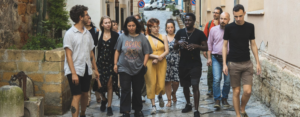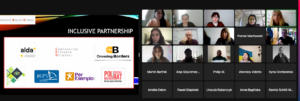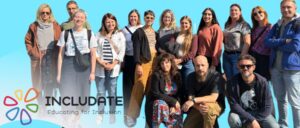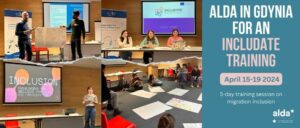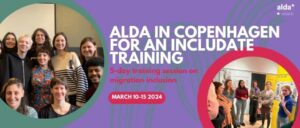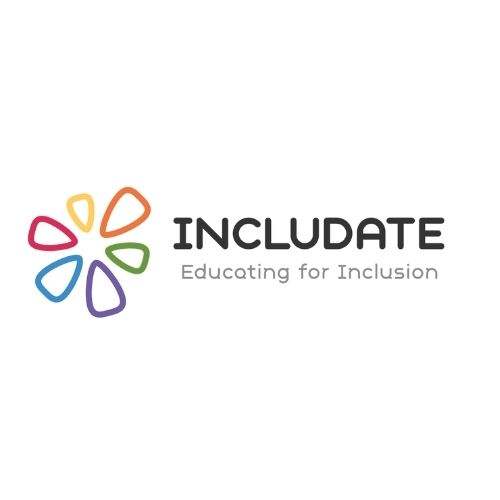
Educating for Inclusion
AT A GLANCE
The project outcomes and results aim directly at the inclusion of people with fewer opportunities, specifically migrants, which are prone to intersectional marginalisation through a combination of ethnic discrimination and social-economic deprivation.
The project identifies the need for capacity building that enables migrant associations to get involved in the inclusion and diversity strategies through curriculum building and capacity training aimed at low participation barriers in democratic co-creation processes at the local level.
Communication and cooperation between local municipalities, migrant residents and migrant associations require intercultural capacities and target-group specific methods from both the public policy-making bodies and the migrant associations.
By combining municipal and migrant community actors from different national contexts and city sizes, we have joined a wide spectrum of knowledge, experiences and perspectives on inclusion and diversity in European cities. The localities of Berlin, Germany; Gdansk, Poland; Copenhagen, Denmark; Palermo, Italy; Budapest, Hungary represent a variety of sizes and contexts but share common goals and challenges.
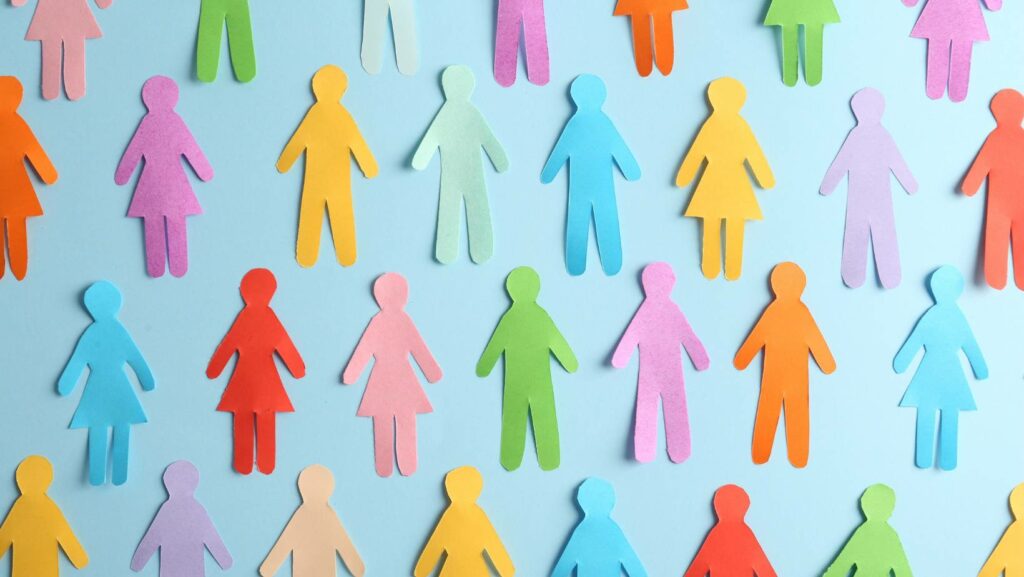
Objectives:
At the REGIONAL/LOCAL level:
- To encourage the initiation, negotiation and implementation of migrant-sensitive policies and strategies in and by further localities and organisations inspired by partners’ activities in the same region or country, to want to create new models for successful paths of migrant inclusion at a broader level through storytelling and the exchange of experiences.
- To raise awareness of the need for local inclusion and diversity strategies and policies and encourage regional and national policymakers to consider the needs of residents of all backgrounds when planning and implementing local actions and policies, especially in education, housing, services and employment fields.
At the EU level, it’s planning to:
- Create inclusive communities and tackle discriminatory policies between actors from municipalities, migrant associations and other relevant stakeholders.
- Encourage EU policymakers to collaborate and coordinate with migrant associations and actors when planning and implementing local strategies and policies, especially in the fields of education, housing, services and employment.
